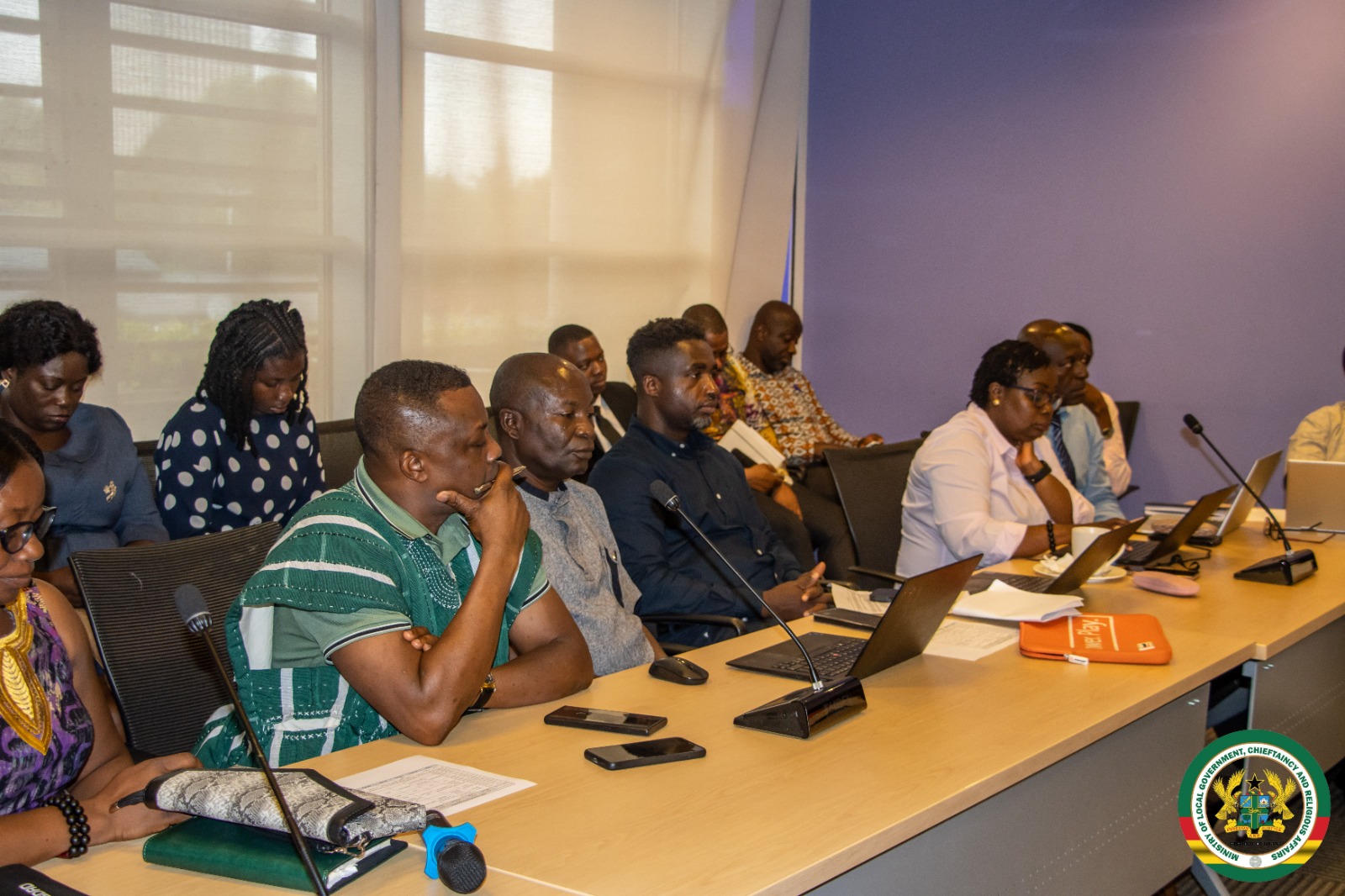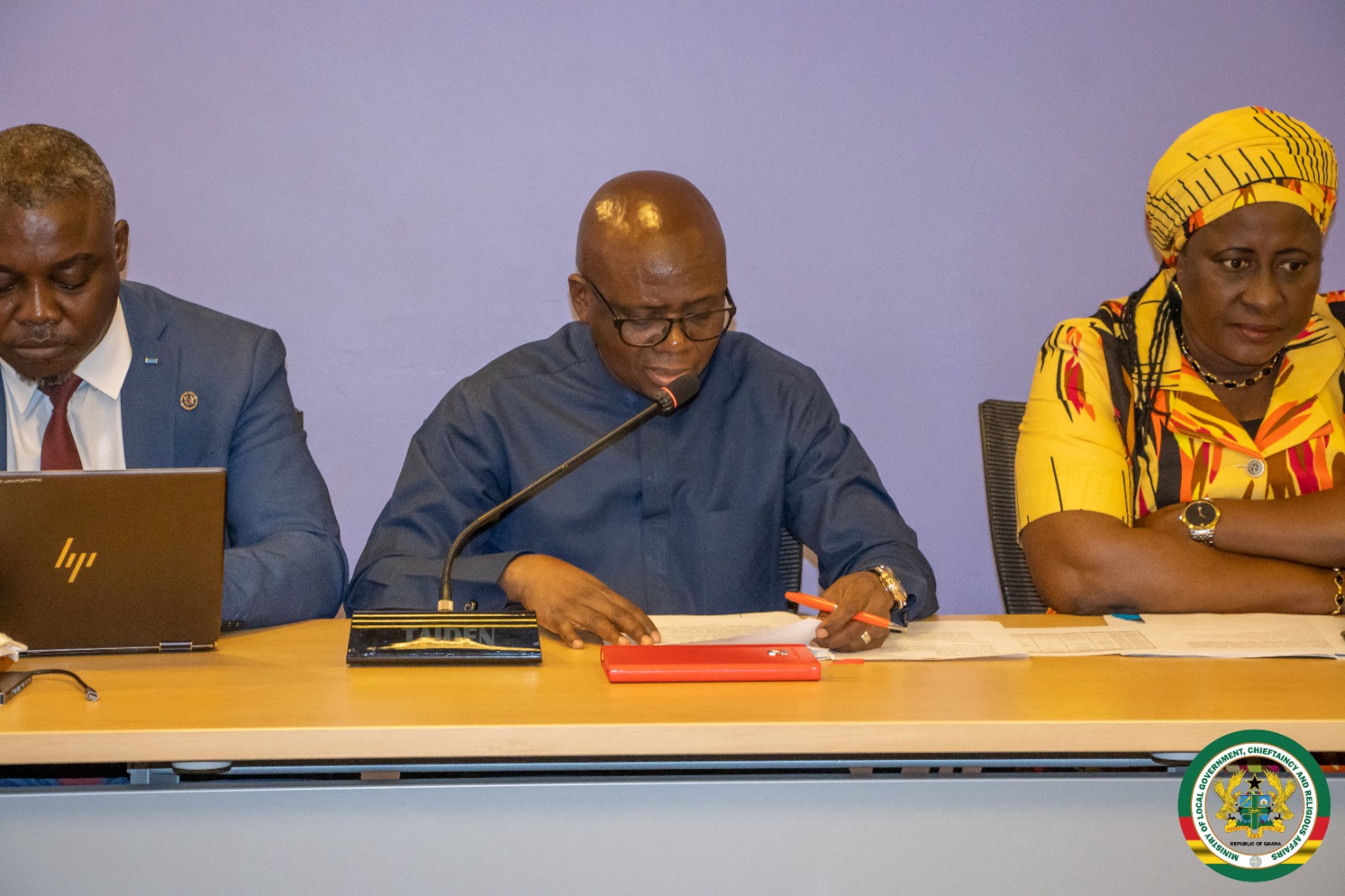Government and the World Bank have commenced a Joint Implementation Support Mission (ISM) to review progress under the Ghana Productive Safety Net Project II (GPSNP 2), reaffirming their shared commitment to improving livelihoods and strengthening social protection for poor and vulnerable households across the country. The session was held on Monday, October 21, 2025, in Accra.
Delivering a statement on behalf of the Minister for Local Government, Chieftaincy and Religious Affairs, the Chief Director of the Ministry, Mr. Amin Abdul-Rahaman, expressed appreciation to the World Bank for its continued partnership and technical support in advancing government’s social protection agenda.
He noted that the Government of Ghana remains steadfast in its commitment to sustaining social intervention programmes that directly improve living conditions, expand livelihood opportunities, and promote inclusive local development.
Mr. Abdul-Rahaman commended the progress made under the GPSNP 2, highlighting the completion of feeder roads, dams, and the Wa Tendamba Urban Park, as well as successful implementation of activities in several Productive Inclusion (PI) communities. He emphasized that these tangible outcomes reflect the government’s proactive approach to improving infrastructure and livelihoods in rural and peri-urban areas.
He explained that while there have been some implementation slowdowns due to administrative and fiscal adjustments, the Ministry continues to engage relevant institutions to ensure steady progress and timely delivery of project results. He further noted that the Ministry has requested an 18-month no-cost extension from the World Bank to consolidate gains and ensure full implementation of all project components.
Mr. Abdul-Rahaman praised the project teams for their dedication and resilience, assuring that the Ministry is committed to sustaining momentum through strengthened coordination, capacity transfer, and mainstreaming of project lessons into national systems.
The Implementation Support Mission will feature technical sessions led by component teams from both the Ministry of Local Government, Chieftaincy and Religious Affairs and the Ministry of Gender, Children and Social Protection, focusing on key achievements, next steps, and strategies to enhance impact.


.jpeg)
.jpeg)
.jpeg)
